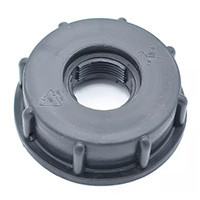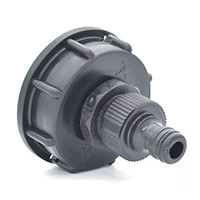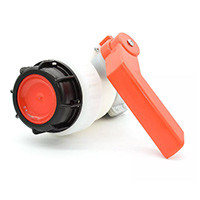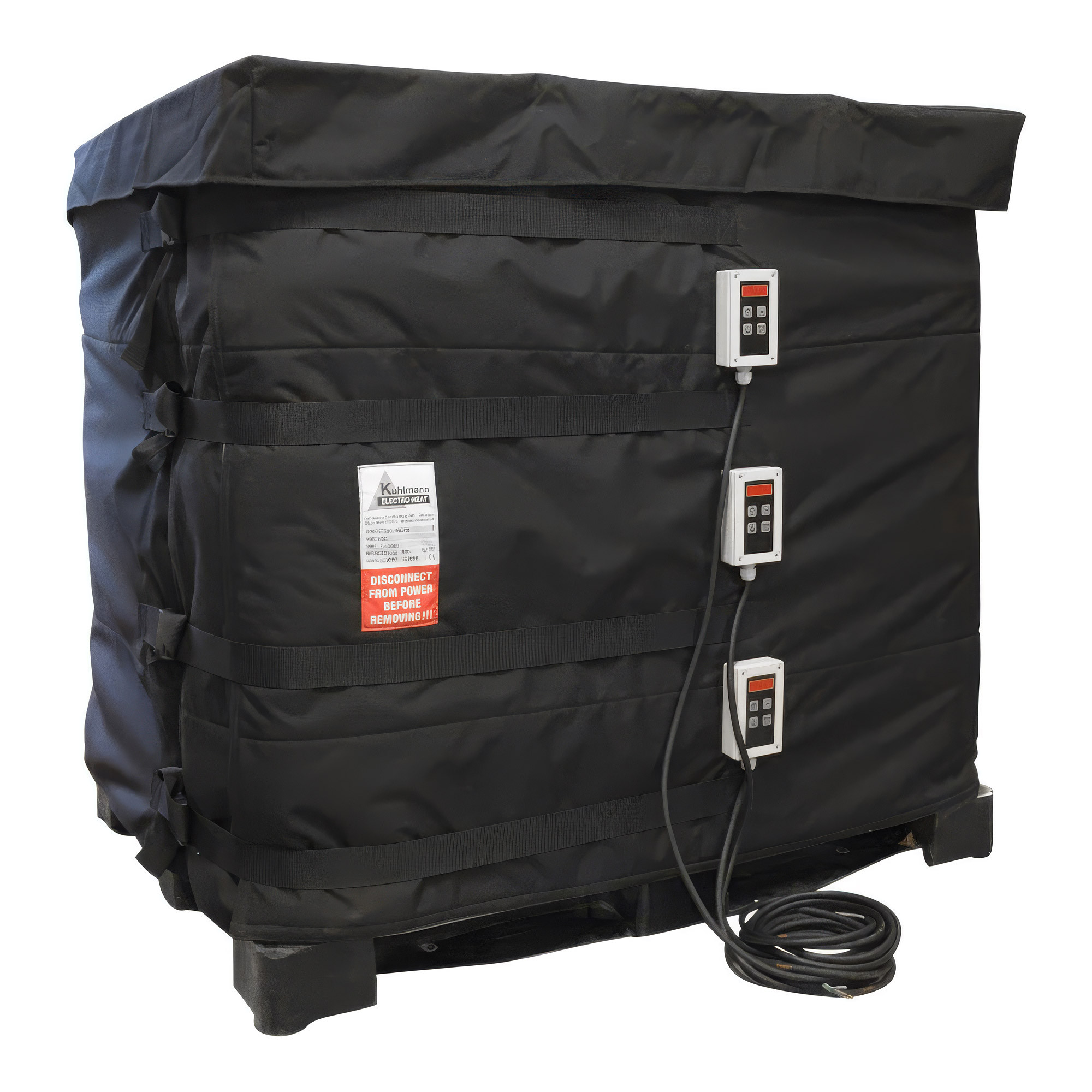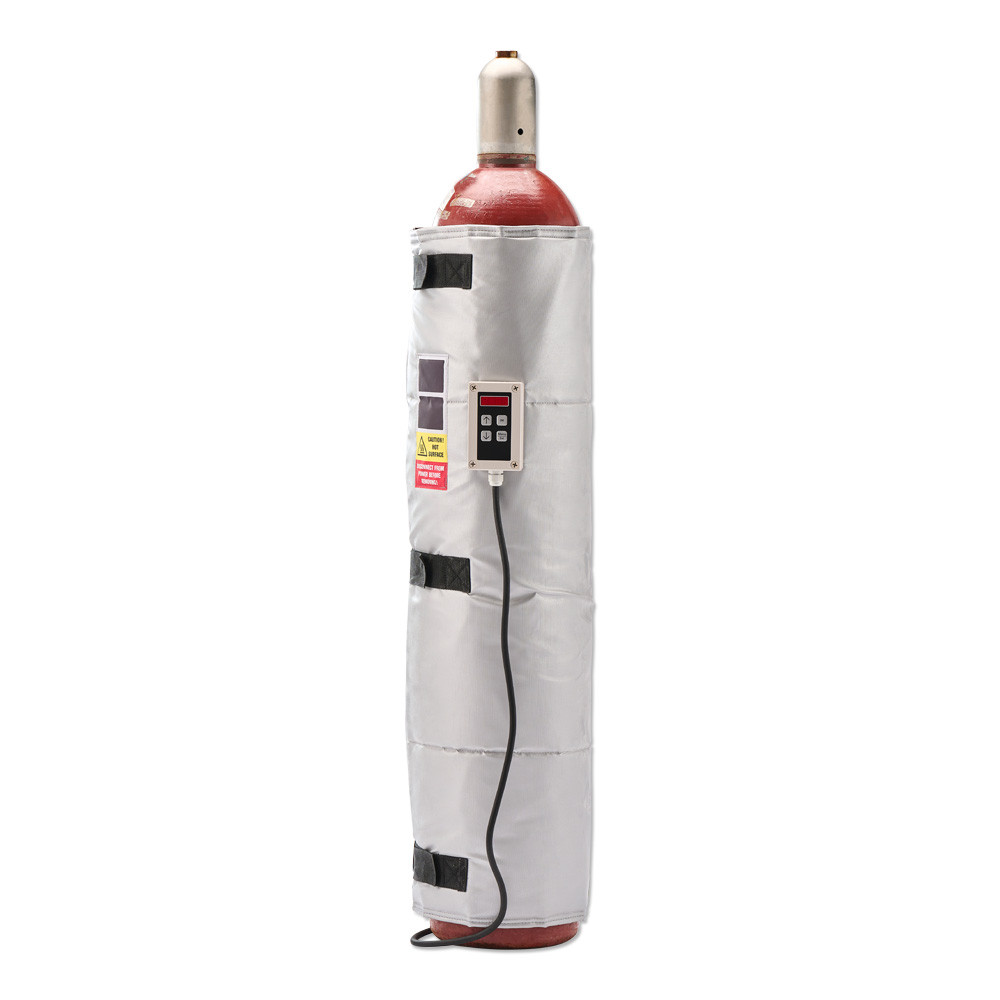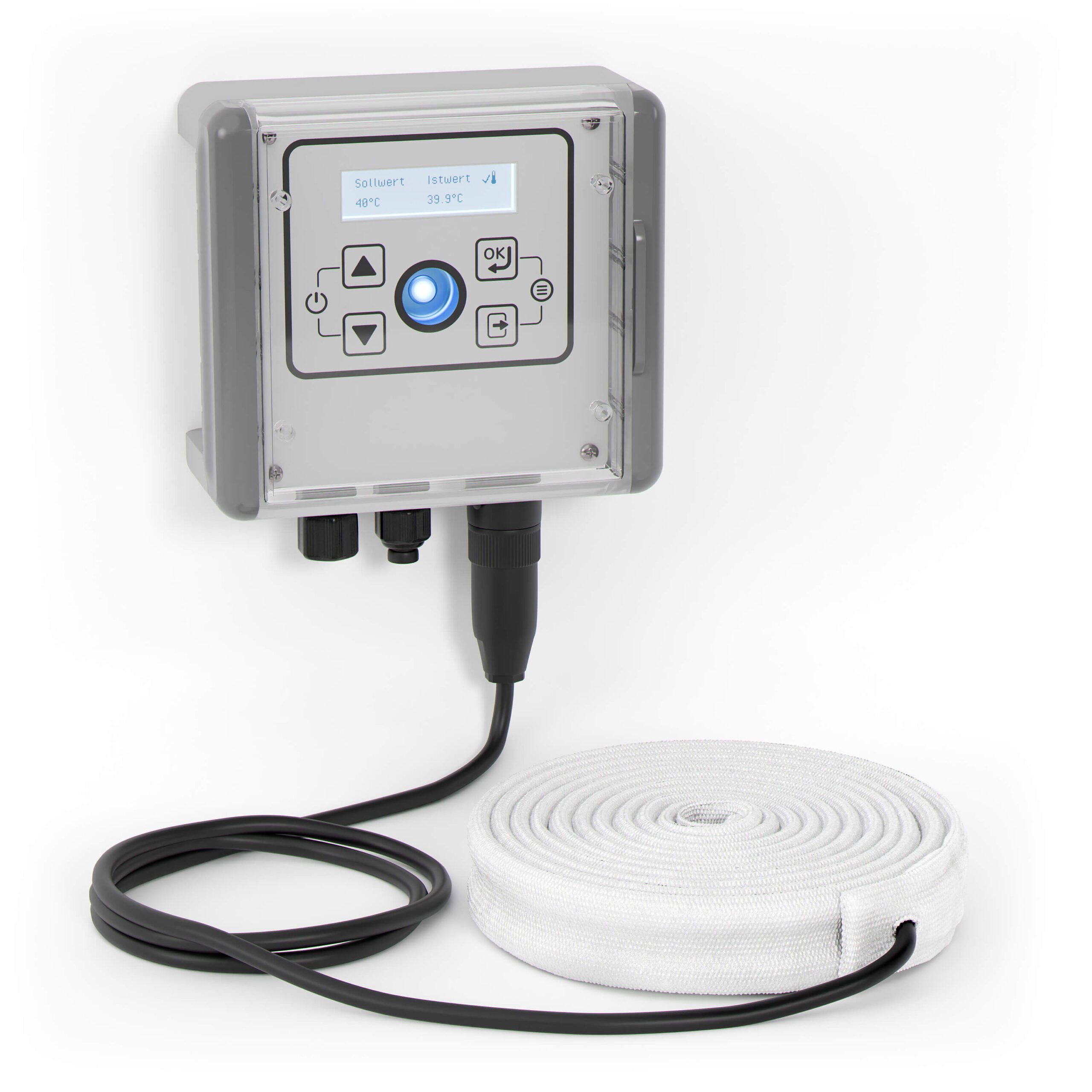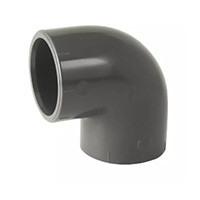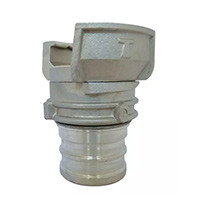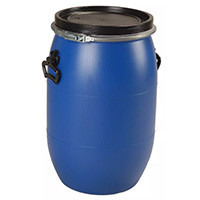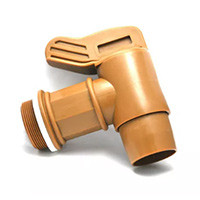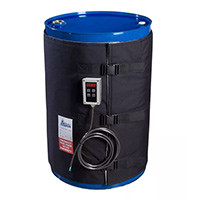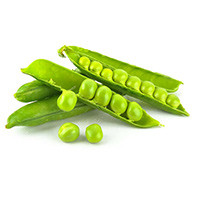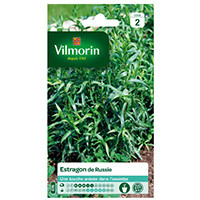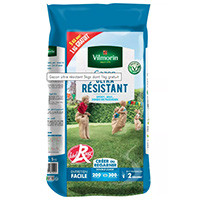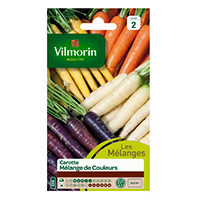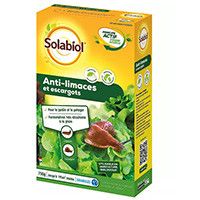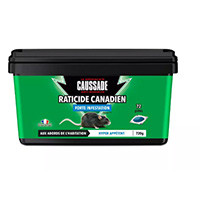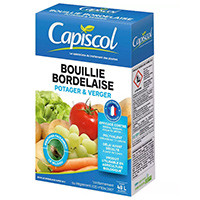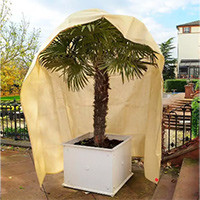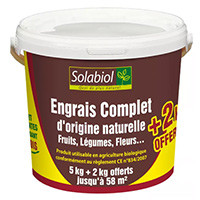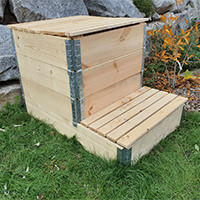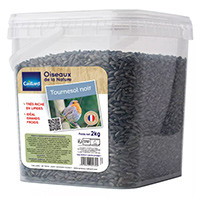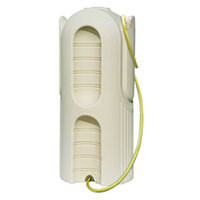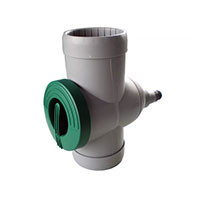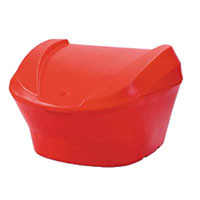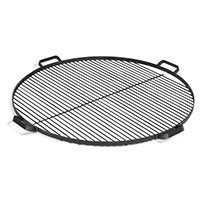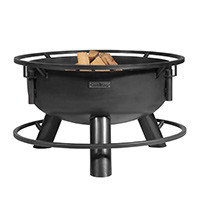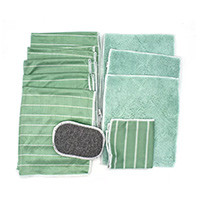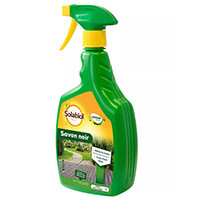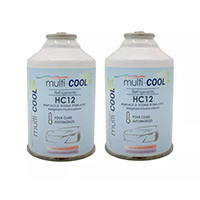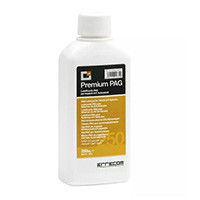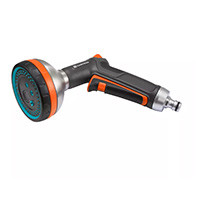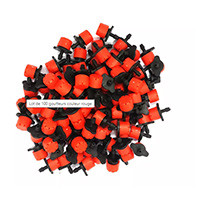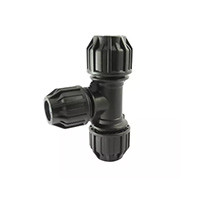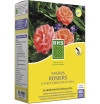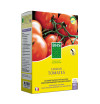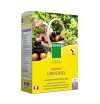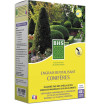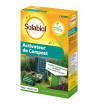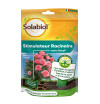
Custom Fertilization: Choose the Ideal Fertilizer for Every Type of Plant
Table of Contents
Introduction
Using soluble fertilizers is essential for the health and vigour of your plantations, whether it's bright flowers, tasty vegetables, or hardy trees. Each type of plant has specific nutritional requirements that must be meticulously adhered to to optimize their growth and flowering. In this article, we will guide you through the characteristics and benefits of different types of soluble fertilizers suitable for a wide range of plants such as geraniums, tomatoes, as well as for more general or specific uses such as conifers and citrus fruits.
Soluble fertilizers offer the advantage of rapid and efficient plant absorption, allowing for an almost immediate response to your fertilization efforts. This type of fertilizer dissolves in water, making it easier to apply and ensuring an even distribution of essential nutrients directly accessible to plant roots. They typically contain a balance of essential nutrients such as nitrogen (N), phosphorus (P2O5), and potassium (K2O), as well as essential trace minerals such as magnesium (MgO), iron, and sulfur (SO3), all of which are soluble in water for maximum effectiveness.
For example, our fertilizer for geraniums, dipladenias and surfinias is specially formulated with an NPK (MgO) 10-15-30 (3) composition enriched with iron and other trace elements, to stimulate flowering and strengthen plant resistance. Similarly, our tomato formula has an NPK (MgO, SO3) ratio of 15-5-32 (3, 10), ideal for supporting fruit development and ripening.
We'll also introduce you to specialty products like the Root Stimulator with Osiryl, designed to improve root health and increase nutrient absorption, as well as our Compost Activator, perfect for naturally enriching your soil by improving the composting process.
Whether you're a home gardener looking to beautify your garden or a professional farmer aiming for a bountiful harvest, understanding how and when to use these fertilizers can make a significant difference in your gardening practices. Stay with us to find out how each type of fertilizer can meet the specific needs of your plants and contribute to a greener, more productive environment.
Soluble Fertilizers for Geraniums, Dipladenias and Surfinias
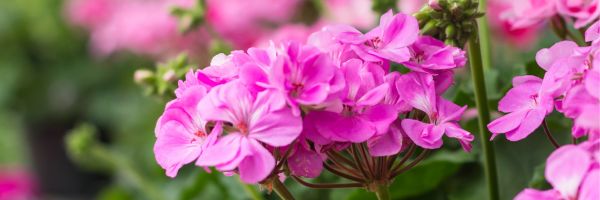
Geraniums, dipladenias and surfinias are highly prized plants for their ability to beautify balconies, terraces and gardens thanks to their spectacular and long-lasting blooms. To maintain their beauty and health, it is crucial to provide them with a suitable fertilizer that meets their specific nutritional needs.
Our soluble fertilizer formula specifically designed for these plants is rich in essential nutrients to support abundant and sustained flowering. It has an NPK (MgO) composition of 10-15-30 (3), which means it contains 10% total nitrogen, 15% water-soluble phosphorus anhydride (P2O5), 30% water-soluble potassium oxide (K2O), and 3% water-soluble magnesium oxide (MgO).
Nitrogen (N): Essential for leaf and stem growth, nitrogen is a major component of chlorophyll, which aids in photosynthesis. Sufficient nitrogen supply ensures well-developed, bright green leaves, which are essential for the overall health of the plant.
Phosphorus (P2O5): Phosphorus plays a vital role in root development and flowering. It helps in the formation of flowers and ensures their brilliance and longevity. This element is also crucial for the transformation of solar energy into chemical energy that can be used by plants.
Potassium (K2O): Potassium is fundamental for the regulation of the plant's physiological processes, including the opening and closing of the stomata, which helps regulate transpiration. It is also essential for strengthening plant cells, thus increasing the plants' resistance to environmental diseases and stresses.
Magnesium (MgO) and trace elements: Magnesium is a central component of chlorophyll, and its addition to fertilizer helps optimize photosynthesis. Trace minerals like iron boost the overall health of the plant and improve the quality and coloration of the flowers.
For effective application, this fertilizer should be dissolved in water according to the instructions specified on the package, usually at a rate of 50 g/m². It is advisable to apply this fertilizer regularly during the active growth period to support optimal development and continuous flowering. Overly concentrated or frequent application can be counterproductive, so it's crucial to follow the recommendations to avoid burning the roots and stressing the plant.
All in all, the judicious use of our specially formulated soluble fertilizer for geraniums, dipladenias and surfinias will maximize flowering, strengthen plant resistance and prolong the beauty of your floral arrangements throughout the season.
Soluble Fertilizers for Roses

Rose bushes are among the most beloved flowers in gardens around the world, renowned for their beauty and fragrance. Yet, in order to thrive and produce these iconic flowers abundantly, rose bushes require specific care and proper nutrition. The use of a suitable soluble fertilizer is essential to effectively feed these demanding plants.
Our rose fertilizer formula is designed to meet the unique needs of these plants, promoting rich and continuous blooming throughout the season. The components of this fertilizer are carefully balanced to support both the growth of new shoots and the health of existing flowers.
The application of this fertilizer must be regular and adjusted according to the growth phases of the rose bush. In early spring, an application will help stimulate the growth of new shoots. A second application is recommended just before the main flowering period to maximize flower production. Finally, application at the end of summer can help prepare plants for fall and strengthen their resistance to disease and winter cold.
It is also important to ensure correct application to avoid overdosing, which can damage the plants. Fertilizer should be applied around the base of the rose bush, never directly on the leaves or flowers, to avoid burns. Watering after application helps dissolve the fertilizer and transport it to the roots, where it's needed most.
By taking care to provide your roses with the right soluble fertilizer and following the application recommendations, you will not only maximize the health and vigour of your roses, but also the splendor and durability of their flowers. This ensures that your garden will remain a place of beauty and enjoyment throughout the year.
Fertilizers & Care for Fruits & Vegetables
Soluble Tomato Fertilizers
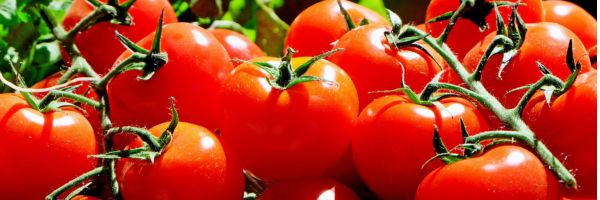
Tomatoes are a must-have in the garden, appreciated for their taste and usefulness in a multitude of recipes. To obtain high-quality tomatoes in large quantities, a well-calibrated nutrient intake is essential. Our specific tomato fertilizer with an NPK (MgO, SO3) formula of 15-5-32 (3, 10) is ideally composed to stimulate vigorous plant growth and fruit production.
Proper application of this fertilizer begins at the time of planting to ensure proper root development and healthy growth of young plants. Thereafter, it is recommended to reapply the fertilizer every two to three weeks during the active growing period, until the end of the production season. This regularity helps maintain an optimal level of nutrients in the soil, which is crucial for fruit formation and ripening.
For tomatoes, the focus is on a high intake of potassium, which is vital for fruit development and quality. Potassium also helps regulate water metabolism in plants, optimizing their overall health and resistance to water stress. The application of this fertilizer should always be accompanied by adequate watering to facilitate the dissolution and absorption of nutrients.
Soluble Citrus Fertilizers
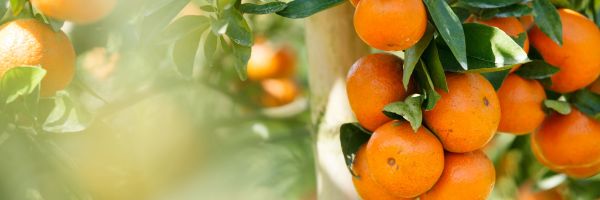
Citrus fruits, such as oranges, lemons and grapefruits, require a specific diet to produce abundantly juicy, vitamin-rich fruits. Our citrus fertilizer is formulated to meet these requirements with a composition rich in nitrogen, potassium, and a significant addition of magnesium and sulfur, thus promoting overall tree health and fruit quality.
Application of this fertilizer should begin in early spring and be repeated at regular intervals until late summer. This frequency helps to support the different phases of the tree's growth, from flowering to fruit ripening. For citrus, special care should be taken at the dose and timing of application to avoid excesses that could disrupt fruit growth or cause damage to susceptible roots.
In addition to NPK, citrus fruits benefit from the addition of magnesium, which plays a crucial role in protein synthesis and photosynthesis, and sulfur, which is essential for the production of proteins and enzymes. These elements help to improve the taste and quality of the fruit, while strengthening the plants' resistance to disease and environmental stress.
For each application, it is crucial that the fertilizer is well integrated into the soil around the base of the tree and never in direct contact with the trunk or leaves. This allows for optimal absorption by the roots and minimizes the risk of chemical burns.
By following these application tips for tomatoes and citrus, gardeners can expect a bountiful, high-quality harvest, while maintaining the health and vitality of their plantings.
Soluble Fertilizers for Conifers
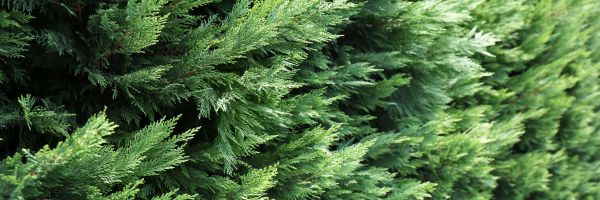
Conifers, with their majestic shapes and evergreen greenery, are essential elements in many gardens and landscapes. Yet, to maintain their health and beauty throughout the year, proper nutrition is crucial. Our soluble conifer fertilizer is specially formulated to meet the unique needs of these trees, with a balanced blend of nutrients that promotes healthy, robust growth.
The formula of this conifer fertilizer has an NPK (MgO, SO3) composition of 15-5-25 (3, 21.8), enriched with trace elements such as boron, copper, iron, manganese and zinc. These elements play a crucial role in the overall health of conifers, helping to strengthen their natural defenses and improve their tolerance to climatic variations and diseases.
Fertilizer application should be done in early spring to stimulate the growth of new shoots and again in late summer to prepare the trees for winter. It is important to distribute the fertilizer evenly around the base of each tree, extending to the periphery of the crown, where the roots are most active. This ensures that the fertilizer is accessible to the roots for optimal absorption.
For conifers, it is also essential to take into account the specificities of the soil and local growing conditions. For example, acidic or highly alkaline soils can affect nutrient availability. A soil test can be beneficial to adjust nutrient intakes based on the specific needs of trees in your area.
In addition, it is advisable to maintain good hydration of conifers, especially after the application of fertilizers. The water helps dissolve the fertilizer and drive it deeper into the soil, where the roots can absorb it more efficiently. This is especially important in dry climates or in times of drought.
By following these recommendations for fertilizer application and taking care to meet the specific needs of your evergreens, you can contribute significantly to their growth and vitality, ensuring that these majestic trees remain a source of beauty and stability in your garden for years to come.
Universal Fertilizer
The universal fertilizer is designed to simplify the gardening routine by providing an all-in-one solution suitable for a wide range of plants, from vegetables and fruits to flowers and shrubs. Its balanced formulation of essential nutrients makes it possible to effectively feed a variety of plants without the need to purchase specific products for each type.
Use & Benefits
The universal fertilizer, with its NPK (MgO, SO3) composition of 15-5-25 (3, 21.8), is enriched with trace elements such as iron, helping to support the healthy development of almost all garden plants. This type of fertilizer is especially useful for gardeners who grow a variety of plants and are looking for a practical and economical solution.
The use of this fertilizer not only contributes to vigorous plant growth but also to their resilience to disease and environmental stress. It can be applied to the soil around plants or dissolved in water for foliar application, providing flexibility in the application method depending on the specific needs of the gardener and garden conditions.
Limitations to Consider
While universal fertilizer is convenient, it's important to recognize that it can't always meet the specific needs of all plants, especially those with special nutritional requirements. For example, plants like orchids or certain varieties of roses might require specific formulas to reach their optimal flowering potential.
In addition, excessive or incorrectly dosed use of the universal fertilizer can lead to a build-up of nutrients, especially nitrogen and potassium, which can be detrimental to some plants. Therefore, it is crucial to follow the dosage instructions provided on the packet to avoid the risks of root burn or nutritional imbalance.
Finally, it is advisable to alternate sometimes with specific fertilizers or to add supplements such as organic amendments to ensure a balanced supply of nutrients, depending on the observations made on the health and growth of the plants in the garden.
With these aspects in mind, universal fertilizer remains a great option for many gardeners, offering a simplified yet effective approach to fertilization that can be adjusted over time to better meet the changing needs of their garden
Specialized Products for Plant Care
In addition to traditional fertilizers, there are specialty products designed to meet specific needs in the garden. These products, like root stimulators and compost activators, play a crucial role in maximizing plant health and gardening efficiency.
Root Stimulator with Osiryl
Osiryl Root Stimulator is an innovative product designed to improve the development of plant roots. With 50% dry matter and 40% OSYR® active ingredient, as well as 8% sulphuric dioxide (SO3) and an adjusted pH around 3.7, this stimulator promotes vigorous root growth, which is essential for optimal nutrient and soil water absorption.
The use of this product is especially beneficial when transplanting young plants or for recovering plants after stress, such as after pruning or repotting. By strengthening the root system, Osiryl helps plants establish faster and become more resilient to adverse weather conditions and diseases.
For effective application, it is recommended to dilute the product according to the instructions on the package and apply it directly to the soil around the base of the plant. Application can be repeated at multiple stages of the plant's life cycle to support continued and healthy root development.
Compost Activator
The compost activator is another specialized product that enriches the composting process by accelerating the decomposition of organic waste. This product contains a blend of enzymes and microorganisms that facilitate the rapid breakdown of organic matter, turning kitchen and garden waste into a nutrient-rich soil amendment.
To use the compost activator, simply spread a thin layer of the product over each new layer of waste added to the composter, then lightly moisten to activate the microorganisms. This method helps maintain efficient and uniform decomposition, reducing the time it takes to produce quality compost.
By incorporating this product into your composting routine, you not only improve the quality of the compost produced but also the overall health of your garden soil. Activated compost provides a rich source of organic nutrients, improving soil structure, fertility, and ability to retain water, which is beneficial for all plants in the garden.
By using these specialized products in addition to conventional fertilizers, gardeners can achieve higher levels of plant care and soil management, optimizing the health and productivity of their garden.
Conclusion
After exploring the various types of soluble fertilizers and specialty plant care products, it's clear that choosing wisely and applying these products is key to maximizing the health, beauty, and productivity of your garden. Each type of plant has specific nutrient needs, and meeting those needs effectively with the right products can make all the difference.
General Tips for Effective Fertilization
Fertilization is a crucial aspect of gardening that requires attention and precision. Here are some tips for effective fertilization:
- Stick to recommended dosages : Too much or too little fertilizer can be detrimental to your plants. Always follow the instructions on the label to avoid damage.
- Observe your plants : Plants "speak" to you through the appearance of their leaves and their overall growth. Yellow leaves or weak stems may indicate a need for specific nutrients.
- Fertilize at the right time : The timing of fertilization is crucial. For example, applying a nitrogen-rich fertilizer just before winter can stimulate leaf growth at the expense of cold preparedness.
- Incorporate organic amendments : In addition to soluble fertilizers, using organic amendments like compost can improve soil structure and nutrient availability.
Importance of Safety and Sustainability
In addition to efficiency, safety and sustainability are important considerations in the use of fertilizers and gardening products:
- Use eco-friendly products : Choose fertilizers and soil conditioners that minimize ecological impacts, such as organic products or those certified by recognized environmental standards.
- Protect yourself and others : When applying fertilizers or chemicals, use proper protective equipment to avoid direct exposure, and make sure children and pets are away from treated areas.
- Store chemicals safely : Keep fertilizers and other chemicals in secure places, out of reach of children and pets, to avoid accidents.
By following these tips and choosing the right products for your specific needs, you can ensure healthy and sustainable growth of your garden while contributing to the preservation of the environment. Mindful and responsible gardening is not only beneficial for your plants but also for the community and the ecosystem as a whole.
Share this content





